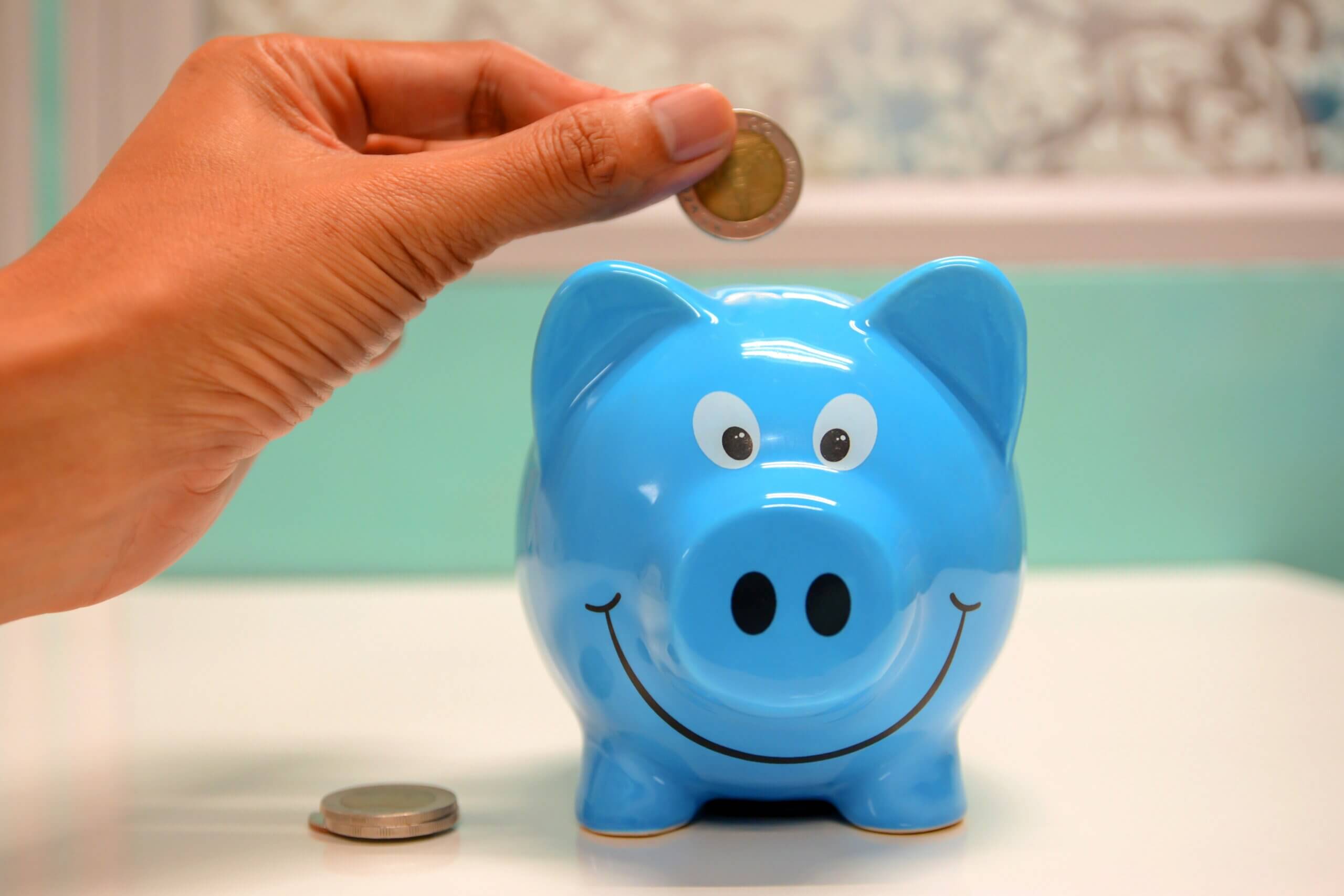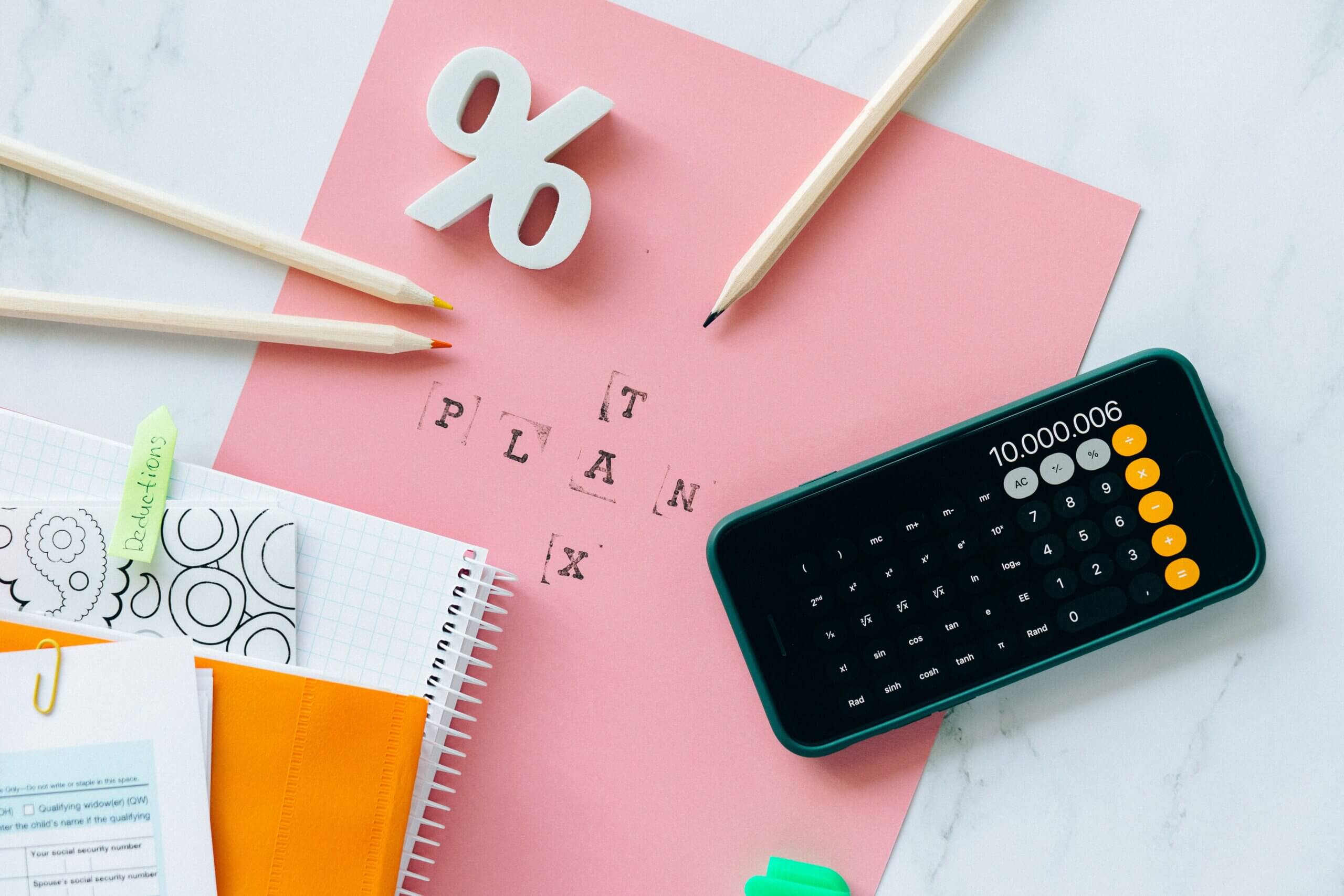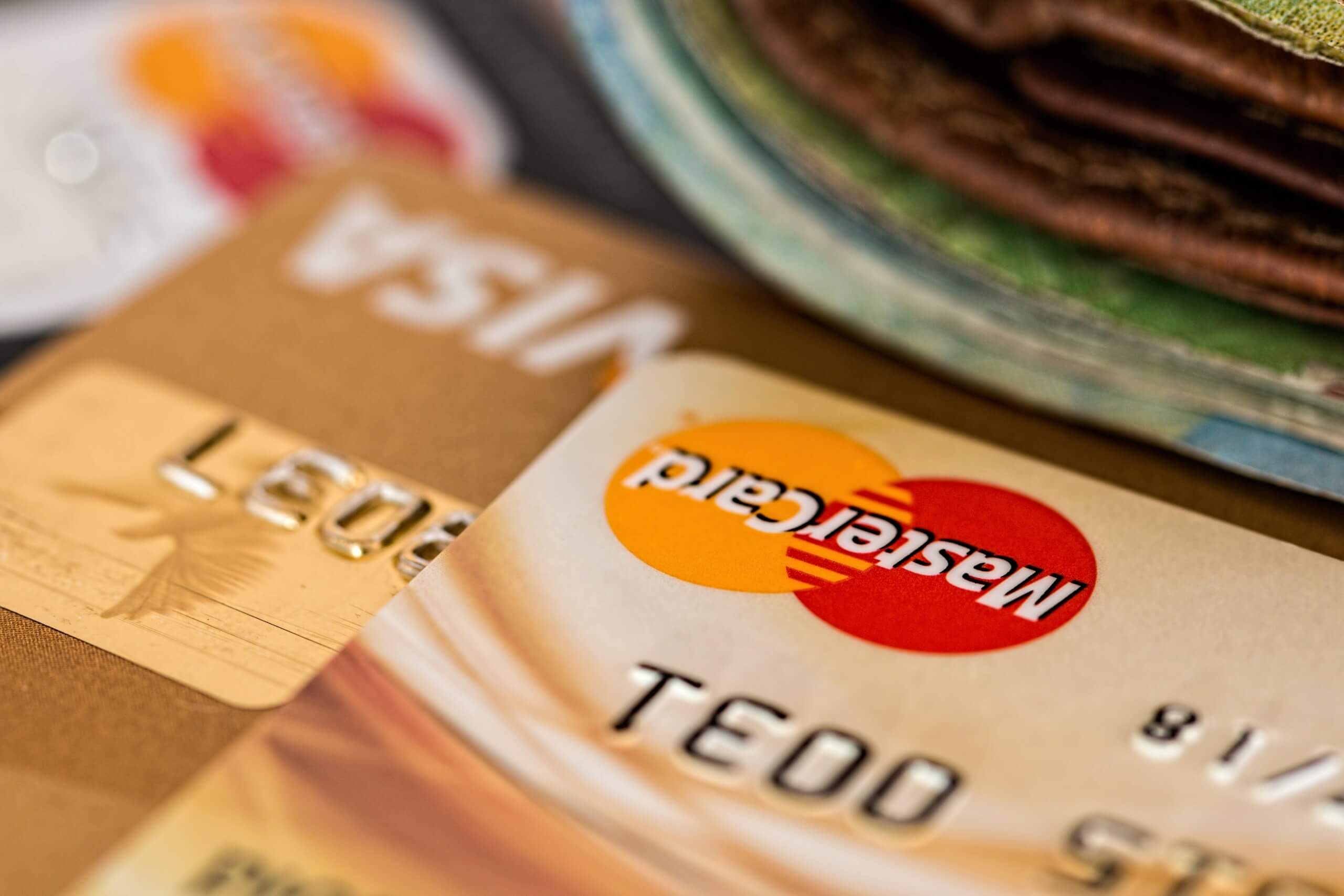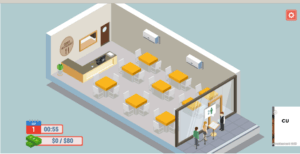

New Year
As we start a new year, it is ideal to start thinking about our finances. With the cost of living increasing, we need to make sure we are spending our money wisely and putting it to good use in the best possible way.
Budget?
Budgeting and budgets are words that get thrown around a lot, but what are they and how can they be implemented into your own life and the best way to do that. We hear a lot about them, and everyone needs to have a budget. A budget can help you plan your finances and save money. The goal of a budget is to provide a framework for spending and saving that helps people achieve their financial goals. It is essential to set realistic goals and not spend more than you earn. A budget also enables you to keep track of your spending habits so that you can see where your money goes.
A budget is a financial plan that shows how much money comes in and how much goes out over a certain period. The goal of this plan is for the amount coming in to exceed the amount going out so that there will be some savings left over at the end of the period. It’s essential to manage your finances and make sure you’re making the most of your money.
Tweaks To make
These 3 tweaks can help you improve your budget and save more money.
1. Track your expenses: The first step in creating a budget is to track all of your expenses for at least two months. Suppose you want to get started on this straight away. In that case, you can get your last couple of months bank statements and go through and track your money. For example, what money do you have coming in, and where do you spend it. This will help you identify areas to reduce spending and save money.

2. Plan your finances: Next, it’s essential to plan out your financial commitments, prioritising critical expenses, such as rent/mortgage payments, gas/electricity and priority debts. You need to know how much money you can spend each month on other things. This can be a challenging step as you may end up in a situation where you find out that you do not have enough to cover those essential household bills. Even though it can be tricky, facing the problem and planning how to get yourself in a position where you set some steps to help you achieve your financial goals. You can get help with this step if you are finding it too overwhelming, online you will find a multitude of charities and organisations where you can find out more and guide you through.
3. Make a plan: Once you have a clear idea of your income and expenses, it’s time to create a detailed plan and budget. First, find the correct budgeting method for you: Many different budgeting methods all achieve the same goal – financial stability. You need to find one that works for you, your needs, and your lifestyle. For example, how much money should be going into savings versus debt repayment or other investments that earn interest.

Conclusion
There you have three tweaks to make a budget work for you. In addition, one of the key benefits of having a financial budget is that it will help you avoid feeling stressed or in debt. Furthermore, having a budget lets, you know how much you can spend on different things, preventing you from overspending. Finally, suppose you have a budget in place when unexpected expenses come up. In that case, you will be able to tackle them more easily. A win, win situation all around!






